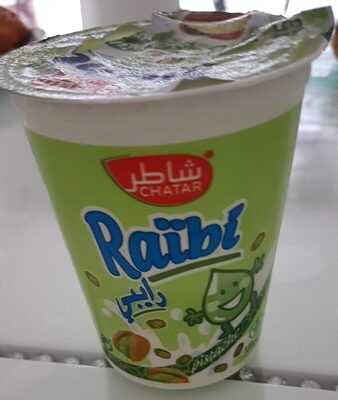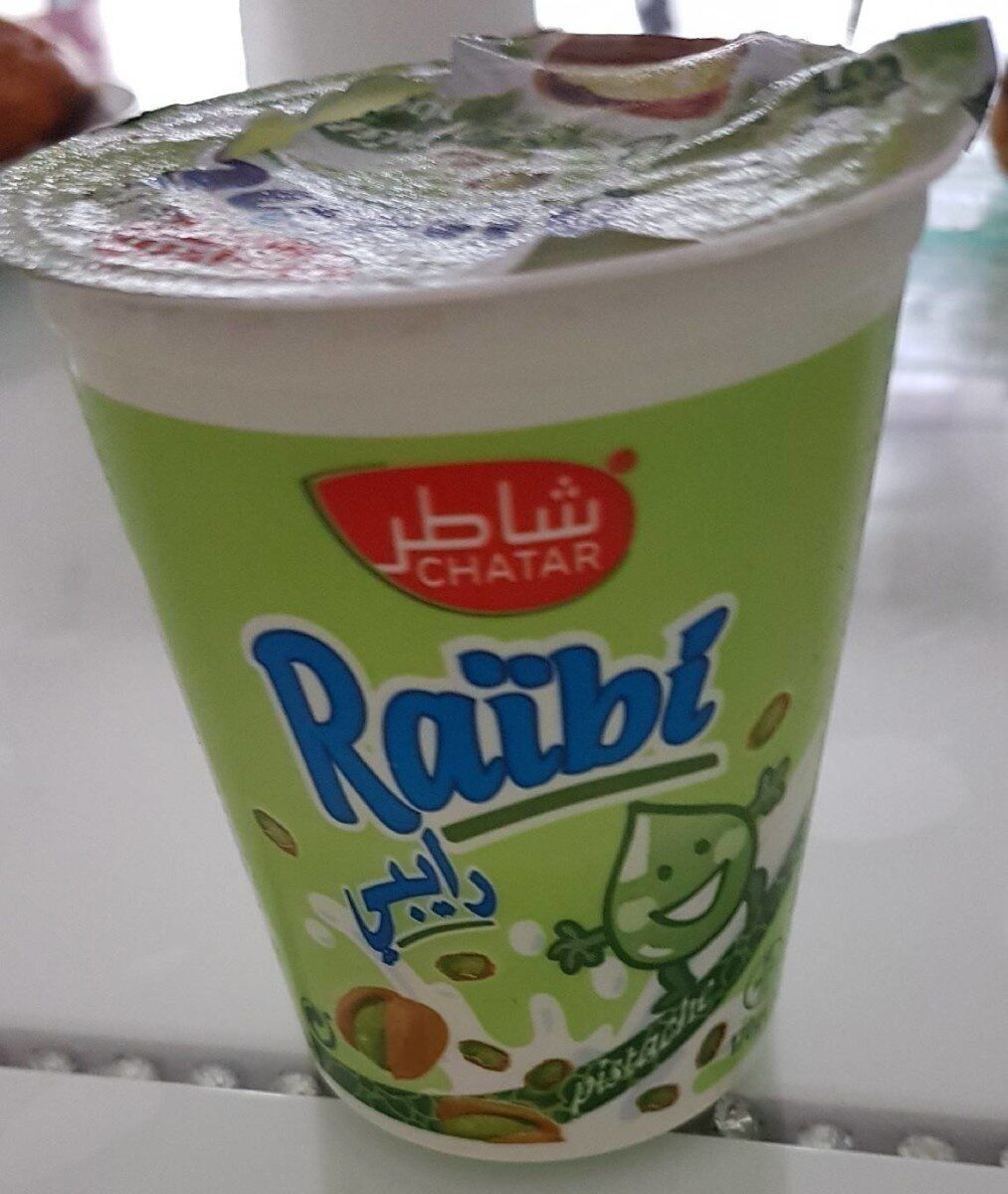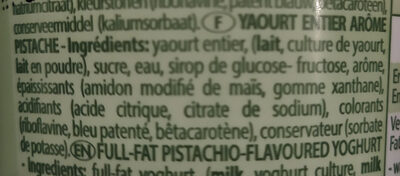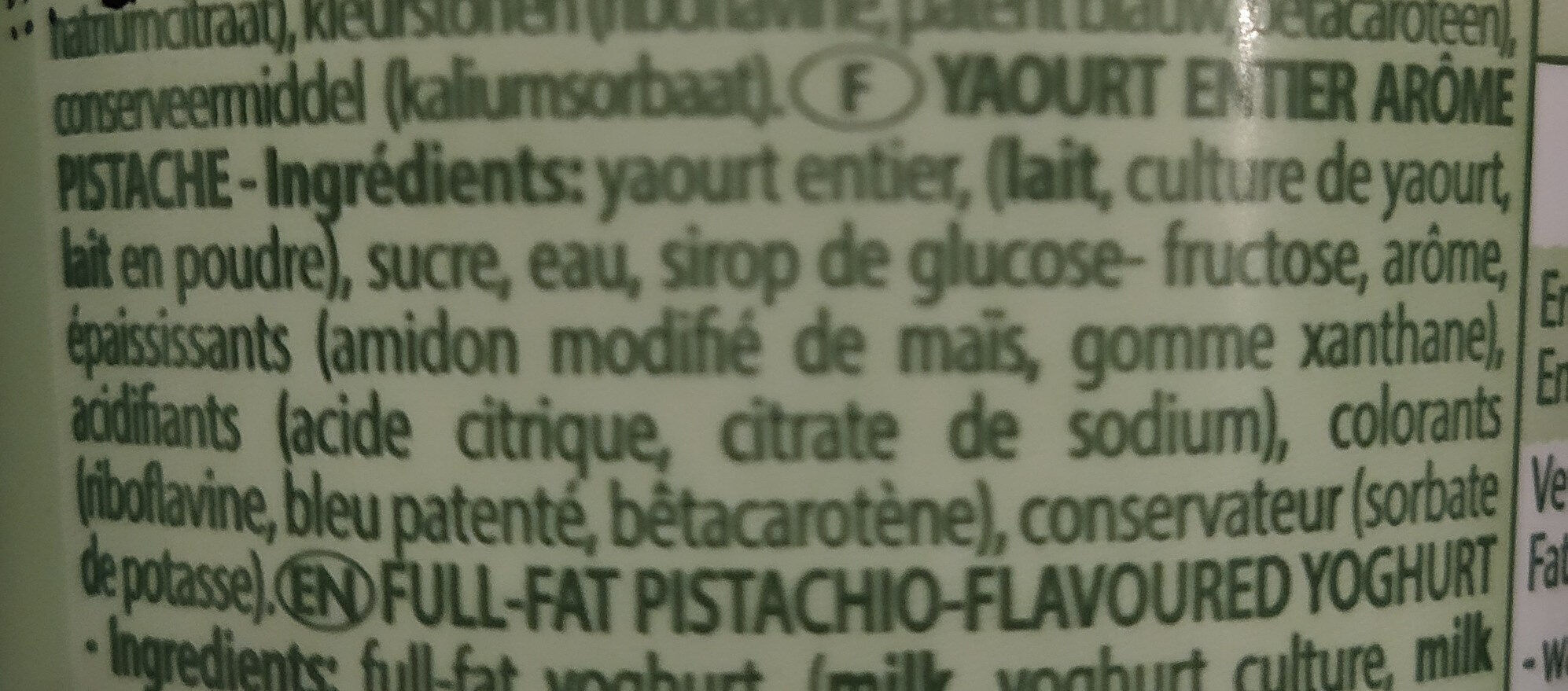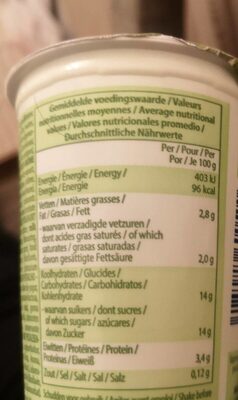Raïbi - CHATAR - 170 g
This product page is not complete. You can help to complete it by editing it and adding more data from the photos we have, or by taking more photos using the app for Android or iPhone/iPad. Thank you!
×
Barcode: 5425027600500 (EAN / EAN-13)
Quantity: 170 g
Brands: CHATAR
Traceability code: BE M362 EC
Countries where sold: France
Matching with your preferences
Environment
Packaging
Transportation
Report a problem
Data sources
Product added on by kiliweb
Last edit of product page on by ecoscore-impact-estimator.
Product page also edited by erwgn, off.68b6cc7f-efa9-42d6-9ebf-c981a5a2e8ea, openfoodfacts-contributors, yuka.YlpvRkVmUXVvdGtOb3ZZd3dUencxTUplenB2elZGR05DTG94SUE9PQ, yuka.sY2b0xO6T85zoF3NwEKvlkcZCvnFg2qZKSH4l3KPnMiqDI61eI5KzNmjLKg, yuka.sY2b0xO6T85zoF3NwEKvlkddQvjBhB3caQPihVHQ1vnRf5vOYo4v56LFD6s, yuka.sY2b0xO6T85zoF3NwEKvlmh4b8HFgSDqJkLvhHaL5OmMcZrqbfgr2qjaY6s.
If the data is incomplete or incorrect, you can complete or correct it by editing this page.
